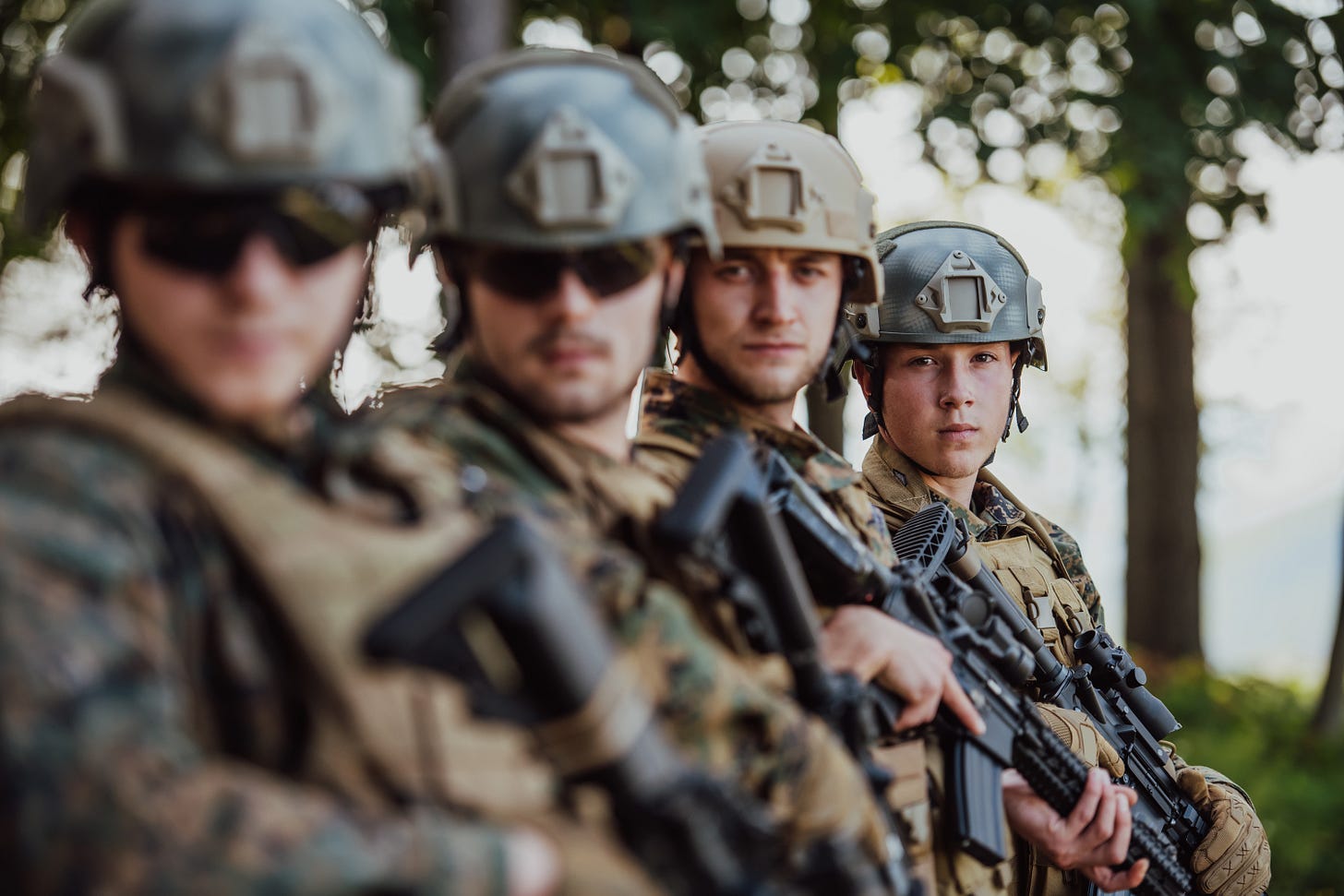When Ukraine’s spy chief, Kyrylo Budanov, began warning last October about North Korean troops potentially joining the fight, it was a genuinely chilling moment. Not because another nation was siding with Russia—both Iran and North Korea have been assisting Russia for over two years, and that support was only going to grow deeper. The real fear came from the prospect of bringing in foreign manpower to fight alongside Russian forces.
Putin’s greatest vulnerability lies in his labor shortage and the ever-escalating demand for manpower at the front lines. His daily loss rate is around 1,600 soldiers. This relentless attrition is at the root of all the structural issues crippling the Russian economy. If he finds a way to alleviate or delay these manpower losses, he can extend his runway to keep the war going.
I believe that by the second half of 2025, Putin’s financial constraints will become insurmountable. However, offloading the manpower burden onto North Korea could push that deadline into 2026.
Daily manpower losses at the front: 1,600 Russians
One month: 48,000
Three months: 150,000
To buy more time, Putin would need around 150,000 North Korean troops, plus another 50,000 in reserve. That’s my baseline estimate. Anything less, and the Russian economy will continue its sharp downward spiral. This is why the arrival of the first 12,000 North Korean soldiers in Kursk Oblast felt so ominous. Once the initial deployment becomes normalized, the number of foreign troops could quietly grow.
By mid-December, it was clear that North Korea’s escalation had stalled. South Korea’s security response appeared disjointed, and my initial hope for their intervention turned to frustration. While there was no guarantee that the DPRK wouldn’t send more troops, Ukrainian officials reported this week that North Korean forces are no longer fighting.
“The presence of DPRK troops has not been observed for about three weeks, and they were probably forced to withdraw after suffering heavy losses,” a spokesperson for the Ukrainian military’s Special Operations Forces, Colonel Oleksandr Kindratenko, told CNN
Combat units generally become ineffective once their strength drops below 40%. Without sufficient replacements, frontline weaknesses can be exploited. If a deal had been in place to continue manpower shipments, those reinforcements would have arrived, and we wouldn’t be hearing reports that North Korean troops are nowhere to be found.
I have no clear explanation for why Putin and Kim Jong Un didn’t pursue further escalation. My best guess is that German diplomacy may have pressured China’s Xi Jinping to intervene and block North Korea from sending more troops. Whatever the reason, the good news is that North Korean forces have now been withdrawn from Kursk and are no longer fighting.
Economic Mismanagement and Future Strategy
Putin’s grasp of economics is, to put it mildly, abysmal. Over two decades of stagnant GDP per capita growth make his lack of economic acumen glaringly obvious. Moreover, like many dictators, he views the state as existing to serve him, not the other way around. He is perfectly willing to drag the Russian economy to the brink of collapse for his own ends.
Relying on the assumption that Putin will stop the war once the Russian economy shows signs of visible cracks is a critical error. The most effective approach is to completely deplete Russia’s remaining financial reserves. The liquid assets in Russia’s national wealth fund are already down to $30 billion. Ukraine must aim to drive that number down to zero as quickly as possible. They can do this by reducing Russia’s refining capacity while sustaining—or even increasing—casualty rates at the front.



Thanks Shankar, good news & good riddance
Slava Ukrainia